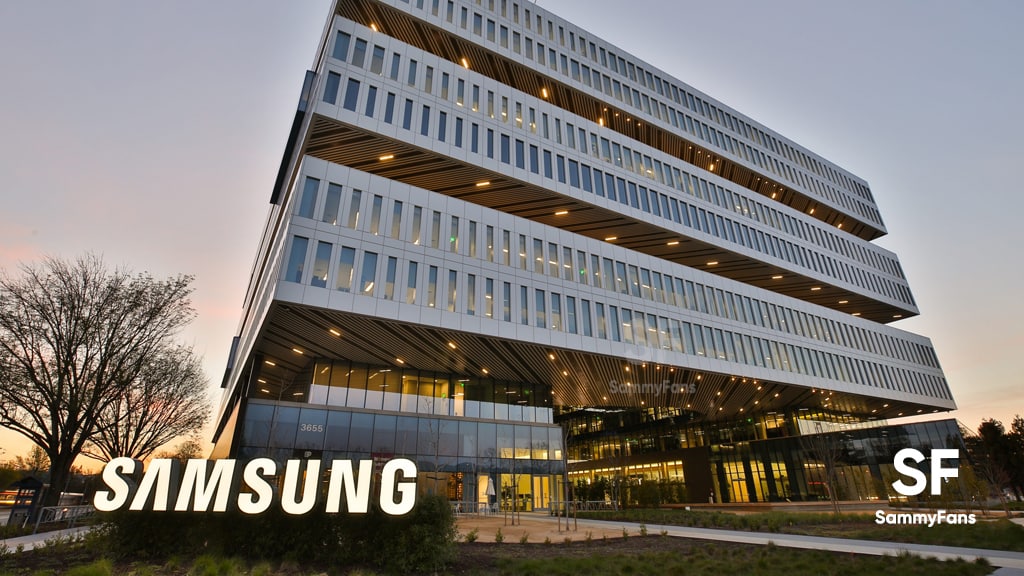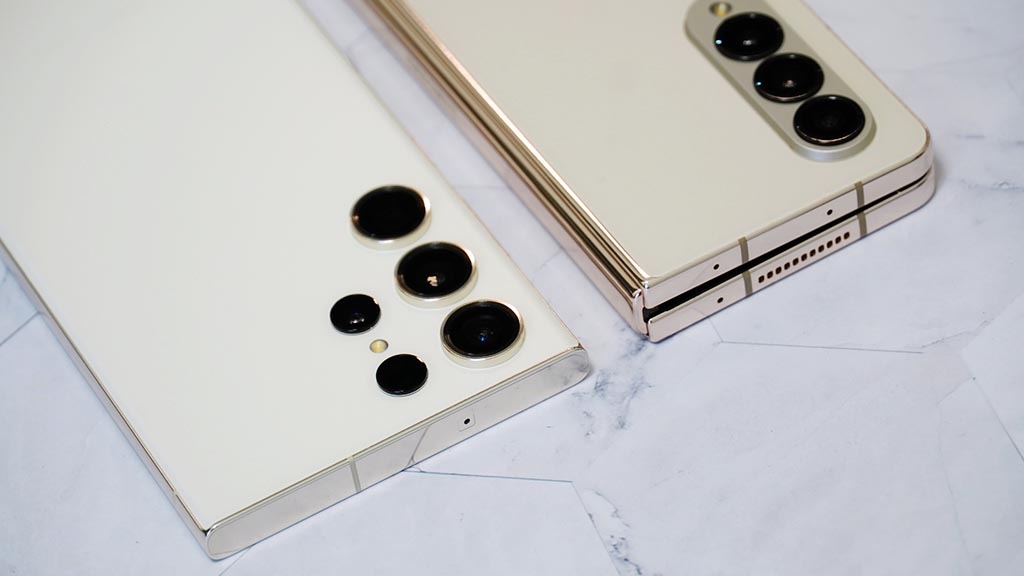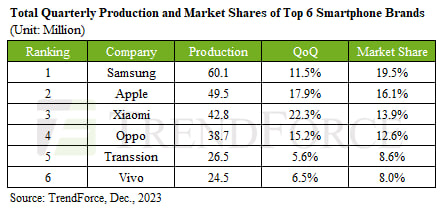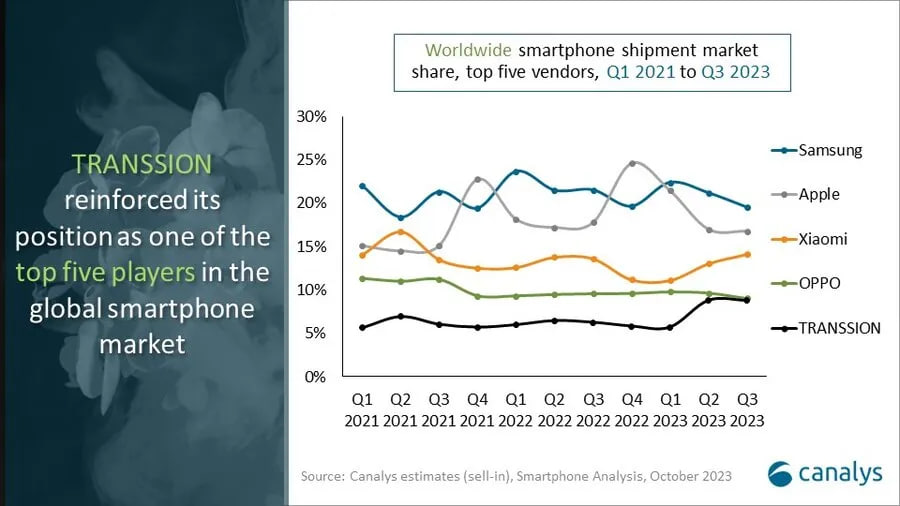Business
Nvidia outsourcing TSMC for 4-nm H100 GPUs instead of Samsung

Samsung Electronics was first selected by TSMC in 2020 as the manufacturing partner for RTX3000 series GPUs in an effort to lower the product price and increase product competitiveness. Nvidia is seen choosing TSMC as its new partner for the 4-nm Chip.
Buisnesskorea reportedly revealed that Nvidia the global No.1 Company has recently decided to outsource the production of its next-generation Graphics Processing Units to Taiwan’s TSMC.
Join SammyFans on Telegram
Nvidia is planning to build its H100 GPUs using TSMC’s 4-nanometer manufacturing process. This new GPU is going to be released in the third quarter of 2022. This product will have a processing speed of 40 terabits per second.

Technology analysts are evaluating this as Nvidia facing difficulties in selling its GeForce RTX 3000 series in 2020 and the reason could be Samsung’s low production yield.
Talking about Nvidia it has previously outsourced the production of data center and consumer PC GPUs to TSMC until 2019 but has jumped to Samsung because of quality manufacturing.
As we know Samsung has already started the self-production of 2nm to 5nm silicon chips and is been slowly mastering the process, and have also started building its own products, recently. Such as Samsung’s new organic OLED TV.
Looking at the news which also reveals that Samsung possibly may lose Qualcomm, another big foundry is truly baseless, because we know Qualcomm is always known for its quality substrate manufacturing.
A couple of weeks ago we have seen that TSMC’s quality and chip manufacturing report that its production to waste ratio is merely about 40 percent. So we think NVIDIA choosing TSMC is a deal of total loss because Samsung’s semiconductor substrates are always well known for their quality.
Business
Samsung leads Q3 smartphone market, Huawei’s entry haunts Apple

Samsung ranked first in market share in the global smartphone market in Q3, 2023. TrendForce report says that Samsung led the global Q3 smartphone market, recording a market share of 19.5%.
Overall production in the third quarter increased by 11.5% compared to the previous quarter to 60.1 million units. During the same period, Apple’s production increased by 17.9% to 49.5 million, thanks to iPhone 15.
Follow our socials → Google News | Telegram | X/Twitter | Facebook | WhatsApp
Third place was taken by Xiaomi (13.9%), followed by Oppo (12.6%) and Transion (8.6%). 6th place is Vivo (8%). Meanwhile, global smartphone production reached 308 million units, a 13% increase compared to the previous quarter and a 6.4% increase from the previous year.
Huawei’s re-entry into the flagship smartphone market targeting Apple has had a significant impact in China. Huawei is aiming to expand its high-end flagship series, focusing on the Chinese domestic market next year, so Apple “We plan to attack directly”.

// Source
Business
Underdog phone brand jumped 50%, Samsung and Apple lost ground

In Q3 2023, Samsung and Apple’s market share slightly declined, while an underdog Chinese phone brand appeared on the top 5 chart. In a recent development, Canalys published market research data for the third quarter, revealing Tanssion as the fifth best-seller globally.
According to the info, Samsung and Apple lead total sales with 20% and 17% market share, yet both have fallen from their 22% and 18% levels in 2022. However, Tanssion, the maker of Tecno, Itel, and Infinix phones, climbed from 6% global market share last year to 9% in 2023, a 50% jump.
Follow our socials → Google News | Telegram | X/Twitter | Facebook | WhatsApp
Apart from this, Xiaomi matched last year’s share only by “recovering” from a terrible first half of 2023. At the same time, OPPO has fallen steadily over the past two years, while fellow BBK brand vivo lost the top-5 slot it’s owned for years.

Overall, the global smartphone market underwent a slight drop of 1% in Q3 2023. Bolstered by regional recoveries and new product upgrade demand, the smartphone market recorded a double-digit sequential growth in Q3, ahead of the sales seasons.
Business
Samsung enjoyed 2023’s last victory over Apple?

Recently, research agency Counterpoint Research published their latest analysis. The report reveals that Samsung continued its leadership in the third quarter of 2023, while Apple remained in the second spot. However, both OEMs faced a decline of 1 percent year over year.
According to CR, slower consumer demand is the main factor in the dwindling sales. The market did see a slight 2 percent growth in Q3 compared to Q2, likely driven by last month’s iPhone 15 series launch. Samsung secured 20 percent market share, while Apple grabbed 16 percent sales.
Follow our socials → Google News | Telegram | X/Twitter | Facebook | WhatsApp
The Galaxy A-series was the key driver for the South Korean smartphone maker. Apple came in second with 16 percent of the market while Xiaomi rounded out the top three with its 12 percent share. Oppo (10 percent) and vivo (8 percent) were the remaining brands in the top five charts.

The newly released iPhone 15 series will help Apple score a lead over Samsung in the fourth quarter of the year. The results will arrive by early next year, and it’s expected that the US phone maker could surpass Samsung. Major camera upgrades and USB-C helped Apple register strong sales.











